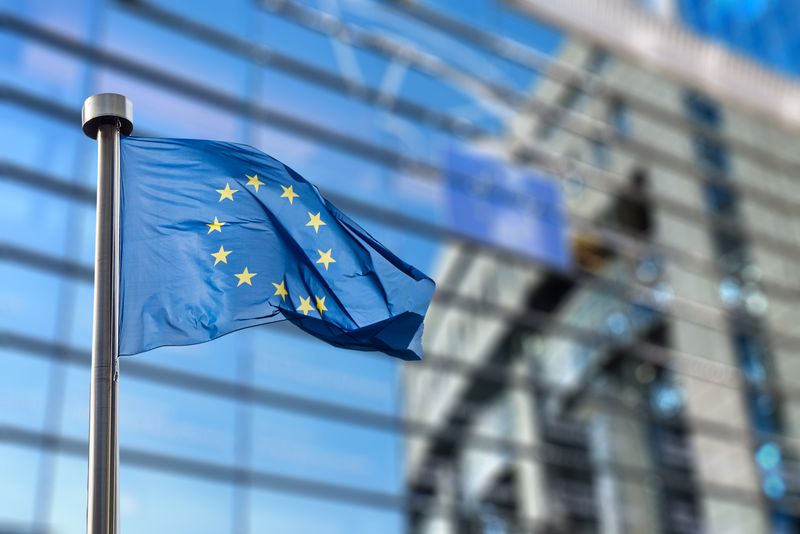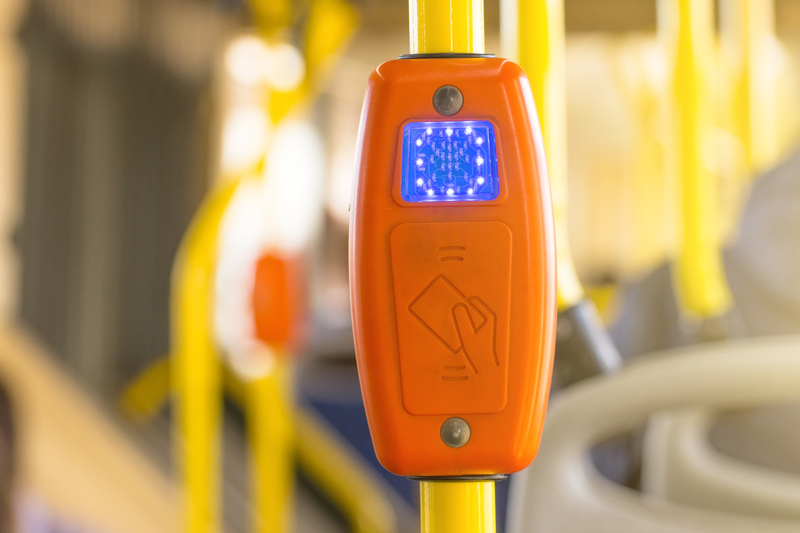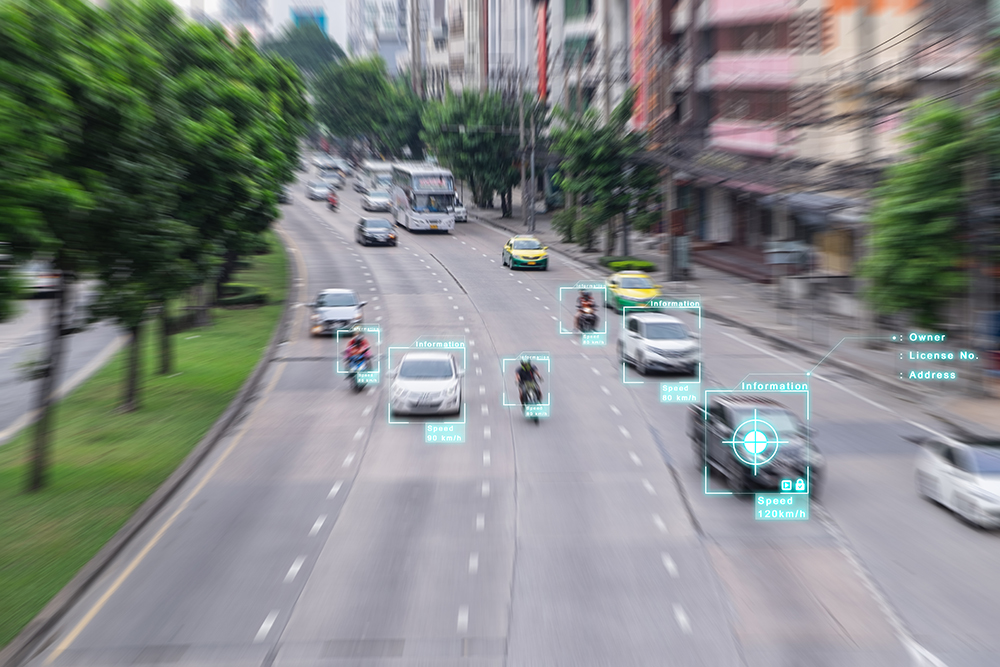
According to the European Commission, the European transport sector has to deliver a 90% reduction in greenhouse gas emissions by 2050. At the same time, it should provide affordable, accessible, healthy and clean transport solutions for the whole of Europe.
In this complex situation, Mobility as a Service (MaaS) is a good match, presenting a significant emission reduction potential while providing Europeans with all-encompassing services to meet their mobility needs both locally and when travelling across the Union.
This potential was also acknowledged by the EU Green Deal and the recently published Sustainable and Smart Mobility Strategy. An enabling push from the regulators can help this European digital mobility innovation to deliver in wide-scale, across the whole European Union.
Taking practical steps to MaaS
So, what should be done in practice?
Public transport is the backbone of the European MaaS model. The most efficient public transport systems benefit from the complementarity of services where mass transit solutions are complemented by various shared and on-demand services.
Thus, the possibility to resell transport services, including public transport, with reasonable and non-discriminatory commercial terms is a prerequisite for integrated multimodal MaaS services to be developed.
At the EU level this could be done by regulating access to a gradually expanding minimal reference ticket offer, determining the ticket products and types of public transport and other modes that needs to be made accessible to MaaS operators. Without integration of public and shared mobility services sustainable MaaS services cannot be achieved.
Data regulation and governance play a key role in building trust. The further development of new mobility and MaaS services depends on how well the interests of data providers, data users and customers can be aligned. There is still a need for new incentive models and schemes to create a dynamic and fair data economy.
This will require relentless and coordinated efforts in the coming years from governments, international institutions and communities (such as the MaaS Alliance), public and private alike. Ideally, the necessary data sets will be made voluntarily available but if that is not the case, regulatory obligations need to be considered. In addition, reciprocity or quid-pro-quo models can offer a neutral pathway to widened access to data.
There is also a need for a framework for a fair and equitable cost-sharing and supporting mechanisms, as the cost of data sharing can establish a real-life obstacle also in situations where the data exchange is considered to widely benefit the stakeholders concerned.
Services need to be trusted
Services need to be trusted by the customers. Thus, the MaaS Alliance recommends frameworks that put the individual in focus and make ethical data sharing and the My Data principles the norm. We also support the ambition to strengthen individual data portability rights. In a MaaS market, data portability does not just make customer choice simple and seamless, it also makes roaming between several MaaS services possible.
This will also enable a more competitive and diverse market. At the MaaS Alliance, we want to see the mobility market as an open ecosystem where the customer would have several options to choose from.
While elsewhere in the platform economy, it is typically the platform that benefits from a stronger bargaining position than the underlying service providers, in the Mobility as a Service business, the situation is rather the opposite, due to the characteristics of the transport services market. A digital platform can be a tool to add transparency and market dynamics empowering the customers with information and choices.
In the current development phase of MaaS, regulation is, first and foremost, a tool to build trust among the industry stakeholders, setting a clear framework facilitating the development of the industry and creating a predictable environment for the investments both for the public and private sector.
In order to encourage innovations and new services, the regulation should remain business model and technology agnostic and set a level-playing field and non-discriminatory market access. To support this novel and developing consumer-market, and the interest of both public and private actors, the MaaS Alliance welcomes also strong enforcement of the current competition rules with a good oversight.
That is to prevent the establishment of private or public walled gardens blocking further evolution of the market or dominance of services that are not desired from the public policy perspective. Regardless of who will play the role of a MaaS operator, the public authorities, especially cities, but also regions and countries, should have appropriate tools to govern development of a multimodal mobility ecosystem and to ensure the compliance with the public policy goals.
The role of regulation
However, the governing role of authorities should be organised in a market-neutral way, according to principles of checks and balances.
Another important task of regulation, especially at EU level, is to decrease market fragmentation and support the development of scalable services beyond isolated city islands. Although people mostly move and operate within one city or region, covering only one area is not enough to fulfil all their mobility needs. Seamless MaaS services support the accomplishment of the European vision of a single European Transport Area and the free flow of people and goods across borders.
The MaaS Alliance will continue with a strong focus in creating real-life enablers for MaaS to develop in its home continent, Europe, and globally.
The main goal of the MaaS Alliance is to facilitate an open ecosystem for MaaS for the benefits of users, societies and the environment. Working together with our public and private members, our aim is to initiate and foster efforts in creation of business and operation models and guidelines and a harmonised approach that support the development of more integrated, appealing and scalable MaaS services delivering the expected public policy goals.
In Europe, we need a regulatory framework that seamlessly binds these objectives together. The MaaS Alliance is keen on continuing its work to support the policymakers and all MaaS stakeholders towards the achievement of safer, greener and more inclusive transport systems for Europe.
ABOUT THE AUTHOR
Piia Karjalainen is secretary general of the MaaS Alliance












